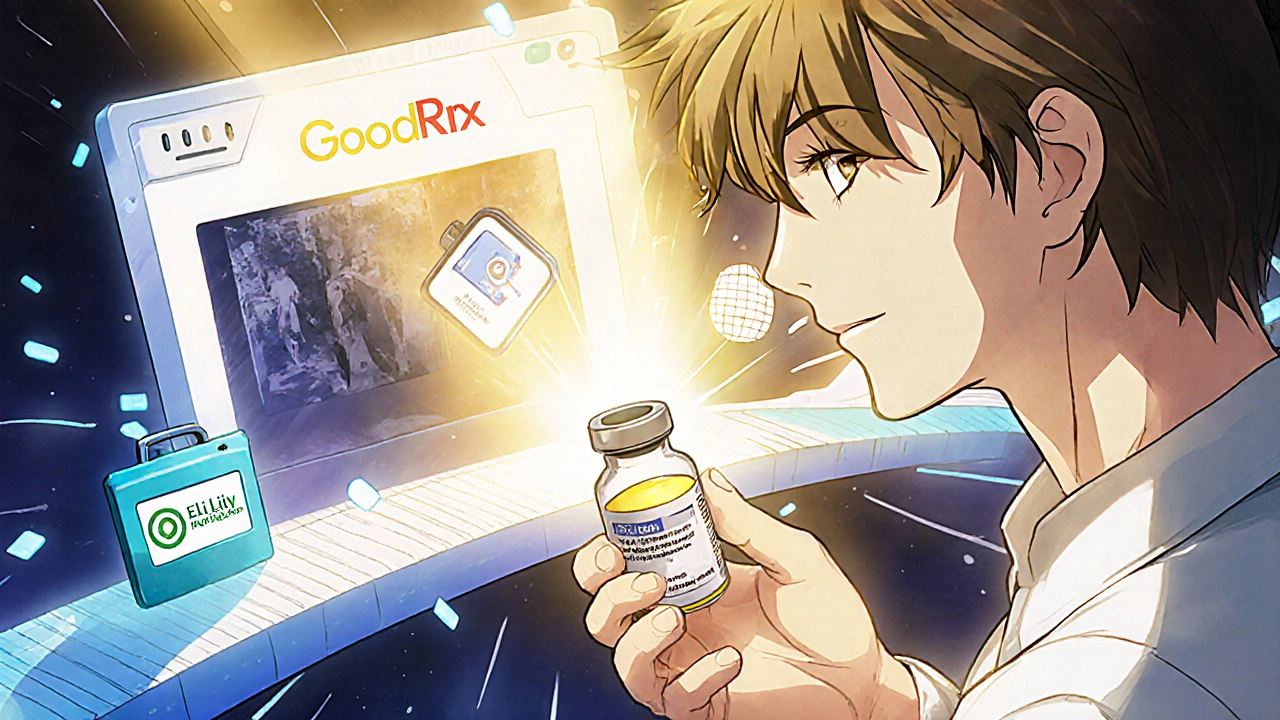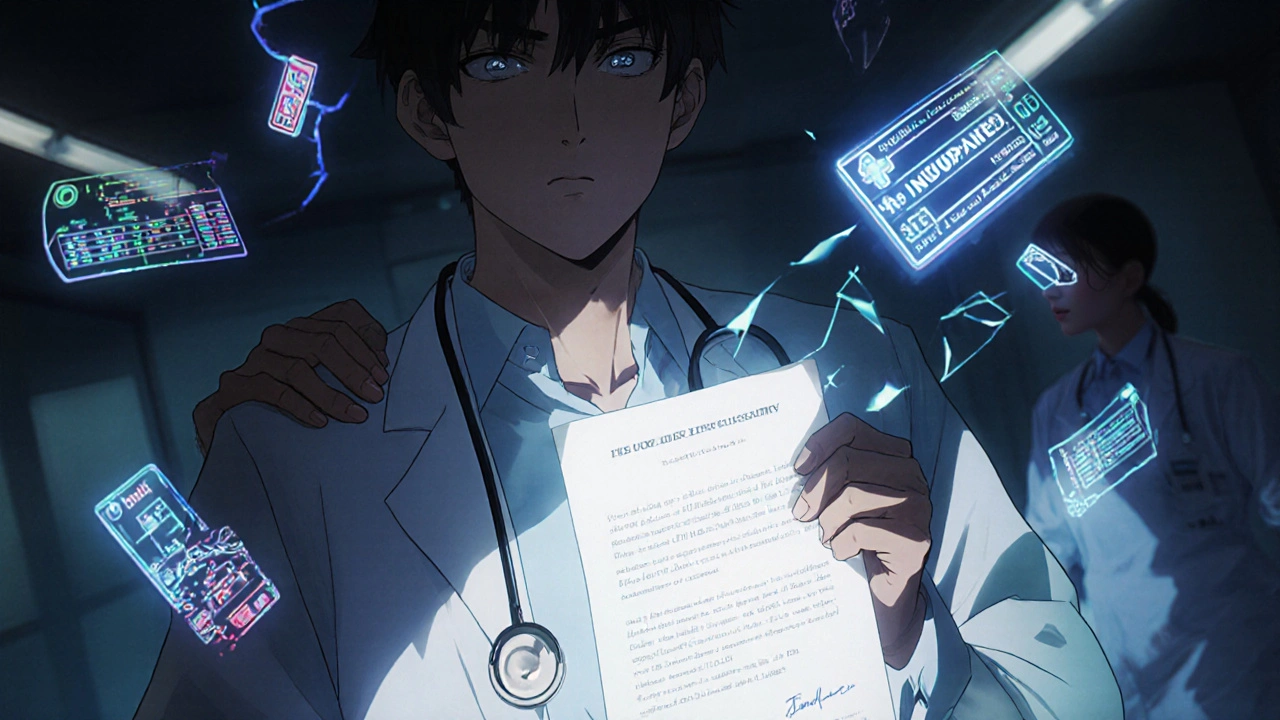When your doctor prescribes a brand-name medication and your insurance denies coverage, it’s not just a paperwork hiccup-it’s a threat to your health. Maybe you’ve tried the generic version and had bad reactions. Or maybe your condition is so specific that only the brand works. Either way, getting denied can feel like a dead end. But it’s not. You have rights. And with the right steps, you can win your appeal.
Why Your Insurance Denies Brand-Name Drugs
Insurance companies don’t deny brand-name medications because they’re cruel. They do it because of cost. Most plans have a formulary-a list of drugs they cover. Generics are cheaper, so they’re listed first. Brand-name drugs only get covered if you prove the generic won’t work for you. That’s called medical necessity. In 2022, the Centers for Medicare & Medicaid Services found that 63% of prior authorization denials were for brand-name drugs. That’s not random. It’s policy. Insurers change their formularies without warning. One month your insulin is covered. The next, it’s not. And if you’re on a plan governed by ERISA (which covers about 61% of Americans), your rights are different than if you’re on Medicare or Medicaid.What You Need to Do Right After the Denial
The clock starts ticking the moment you get the denial letter. Don’t wait. Here’s what to do immediately:- Find your Explanation of Benefits (EOB). This document must arrive within 5 business days of the denial. It will say exactly why you were denied-formulary restriction? Prior authorization not completed? Medical necessity not proven?
- Call your doctor’s office. Ask for a letter of medical necessity. This isn’t a note. It’s a detailed clinical argument. The American Medical Association says the best letters include: your diagnosis, failed attempts with generics, lab results, side effects you’ve experienced, and how the brand-name drug improves your daily life.
- Write down the prior authorization number and the name of the drug. You’ll need this for every step.
Most doctors’ offices take 3 to 5 days to prepare this letter. Don’t assume they’ll send it automatically. Call them every other day until it’s done.
How to Write a Winning Appeal Letter
Your appeal letter is your first real shot at getting coverage. It’s not a complaint. It’s a legal document. Use this structure:- Your full name, date of birth, policy number
- Insurance company’s name and denial date
- Exact reason for denial (copy it from the EOB)
- Drug name, dosage, and frequency
- Physician’s letter of medical necessity (attach it)
- Specific request: “I am asking for immediate coverage of [drug name] under my plan.”
Don’t say “I can’t afford the brand.” That’s irrelevant. Say “I had three severe hypoglycemic episodes in two weeks on the generic insulin. My A1C dropped from 7.8 to 9.1. My doctor confirms only Humalog stabilizes my levels.” That’s data. That’s proof.
According to GoodRx’s analysis of over 1,200 cases, 78% of successful appeals had direct involvement from the prescribing doctor. Only 22% worked when patients did it alone.
Internal Appeal: Your First Official Step
Submit your appeal in writing. Send it by certified mail or upload it through your insurer’s portal. Keep a copy. Most insurers require you to file within 180 days of the denial. Medicare plans give you 120 days. Medicaid varies by state.For urgent cases-like insulin, seizure meds, or cancer drugs-you can request an expedited review. You have the right to this if your condition could worsen without the drug. Insurers must respond within 4 business days. Some states, like California and New York, require a response within 24 to 72 hours.
Call the insurance company every 2 to 3 days. Ask for a case number and the name of the person handling your file. Kantor & Kantor’s data shows appeals with documented follow-up calls are processed 28% faster. Don’t be polite. Be persistent.

What If Your Internal Appeal Gets Denied?
If the insurance company says no again, you move to the external review. This is where things change.External reviews are handled by independent third parties-not your insurer. They’re required to follow federal guidelines and look at your case objectively. According to the National Association of Insurance Commissioners, external reviews succeed 58% of the time for brand-name drug denials-much higher than the 39% success rate of internal appeals.
For ERISA plans (most employer-based insurance), you must file with the U.S. Department of Health and Human Services. For all other plans, contact your state’s insurance commissioner. You have 180 days from the internal denial to start this step.
Here’s the key: bring everything. Your doctor’s letter. Lab reports. Pharmacy records. Even a log of your symptoms before and after switching to the generic. The Bleeding Disorders Advocacy Alliance found that 68% of external appeals were approved when patients submitted full clinical documentation.
Real Stories: What Works
One Reddit user, ‘DiabeticDad87,’ got his child’s Humalog denied. He didn’t argue about cost. He sent a letter with blood sugar logs showing 11 episodes of dangerous low blood sugar on the generic. Approval came in 11 days. Another patient on PatientsLikeMe spent six months fighting a denial for a brand-name migraine drug. She finally won-after hiring a lawyer. It cost $2,500. But she got her medication. And her insurer had to pay her back for every out-of-pocket expense.These aren’t rare. In 2022, the Patient Advocate Foundation found 61% of people felt overwhelmed by the appeals process. But those who got help-either from their doctor or a legal advocate-were twice as likely to succeed.
When to Call a Lawyer
If your plan is governed by ERISA, you can’t sue until you’ve exhausted all appeals. And even then, you won’t get a jury. Federal judges decide. That’s why Kantor & Kantor says having an attorney draft your appeal increases success by 47%.You don’t need a lawyer for every case. But if:
- You’ve been denied twice
- Your condition is life-threatening
- You’re being charged for months of medication out of pocket
- You’re confused by ERISA rules
Then call one. Many offer free consultations. Some nonprofits, like the Patient Advocate Foundation, connect you with pro bono attorneys.

What You Can Do While You Wait
Appeals take time. You can’t stop your treatment. Here’s how to bridge the gap:- Ask your doctor about patient assistance programs. Eli Lilly’s Insulin Value Program has helped over 1.2 million people get brand-name insulin for $35 a month while appeals are pending.
- Check with the drug manufacturer. Most big pharma companies have co-pay cards or free drug programs for eligible patients.
- Use GoodRx or SingleCare. Sometimes the cash price is lower than your insurance copay-even without coverage.
And if you’re on Medicare Part D, use the real-time benefit tool on your plan’s website. The 2023 Consolidated Appropriations Act requires this now. It shows you coverage status before you even fill the prescription. That alone could cut denials by 15-20%.
What’s Changing in 2025
The Biden administration’s 2023 Executive Order pushed CMS to enforce appeal rights harder. The No Surprises Act didn’t fix medication denials-but the proposed Improving Seniors’ Timely Access to Care Act might. It aims to cut prior authorization delays for Medicare Advantage plans.Also, AI is starting to handle prior authorization. Some insurers now use algorithms to flag inappropriate denials. Dr. Sarah Chen of the Commonwealth Fund predicts AI will reduce unjustified brand-name denials by 30-40% in the next five years. But until then, you still need to fight.
Final Advice: Don’t Give Up
Insurance companies count on you giving up. They know the process is confusing. They know you’re tired. They know you’re scared.But you’re not alone. Thousands win these appeals every year. You have the law on your side. You have your doctor’s support. And you have proof that this medication works for you.
Write the letter. Call the doctor. Submit the appeal. Follow up. If you have to, go to external review. If you need help, ask for it. Your health isn’t a cost-saving line item. It’s your life.
What if my insurance says the generic is just as good?
Insurers often claim generics are equivalent-but that’s not always true. Some people metabolize generics differently. Others have allergic reactions to fillers. Your doctor’s letter must show specific clinical evidence: lab results, side effect logs, or documented treatment failures. A 2023 GoodRx study found that 83% of appeals succeeded when patients provided objective data, not just opinions.
How long does the appeals process take?
Internal appeals take 30 days for new prescriptions and 60 days for ongoing medications. Expedited reviews are done in 4 business days. External reviews take 30 to 60 days total. If you’re in a medical emergency, you can request faster processing-but you must document it in writing.
Can I switch to a different drug while I appeal?
You can, but only if your doctor agrees it’s safe. Switching without medical approval could worsen your condition. If you do switch, keep records of how you felt on the new drug. That data can help your appeal later-even if you’re trying to get back to your original medication.
Do I have to pay for the medication while I appeal?
Yes, unless your insurer agrees to retroactive coverage. If your appeal is approved, most plans will reimburse you for out-of-pocket costs from the date of denial. Keep every receipt. Some manufacturers also offer free samples or temporary discounts while you wait.
Is there help available if I can’t afford a lawyer?
Yes. The Patient Advocate Foundation offers free case management and connects people with pro bono attorneys. Nonprofits like the National Health Law Program and local legal aid offices also help with insurance appeals. Call 211 or visit healthcare.gov to find resources near you.
